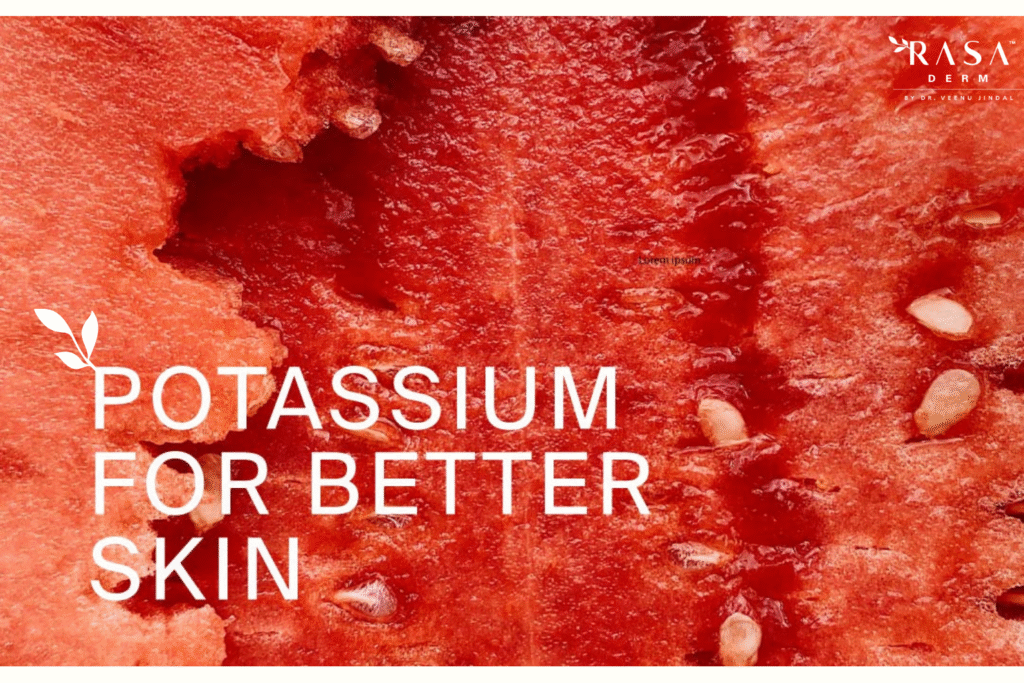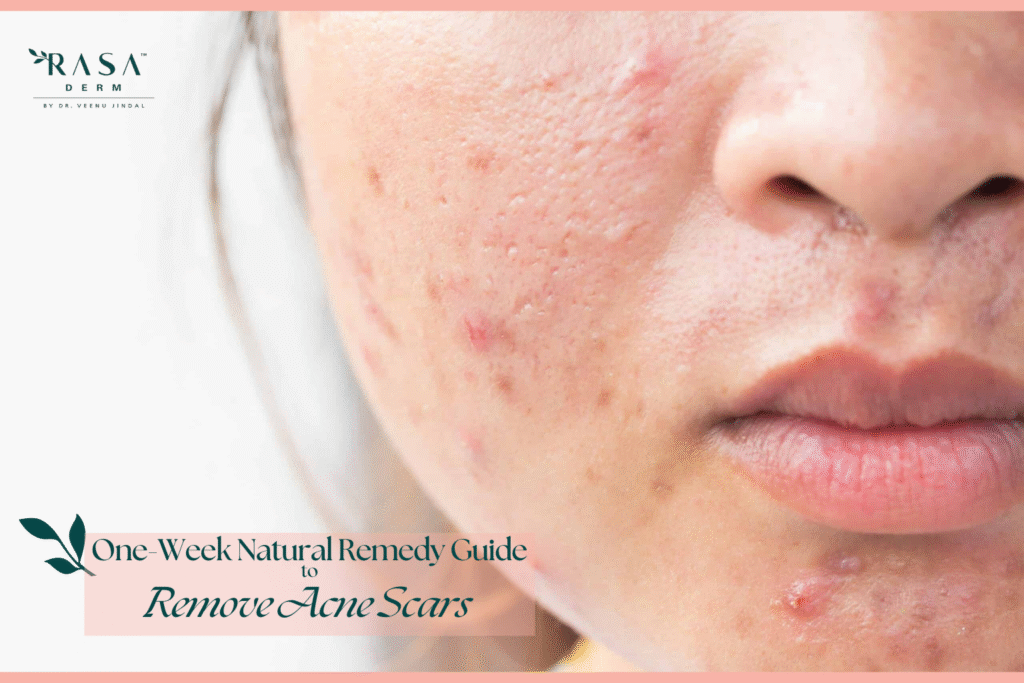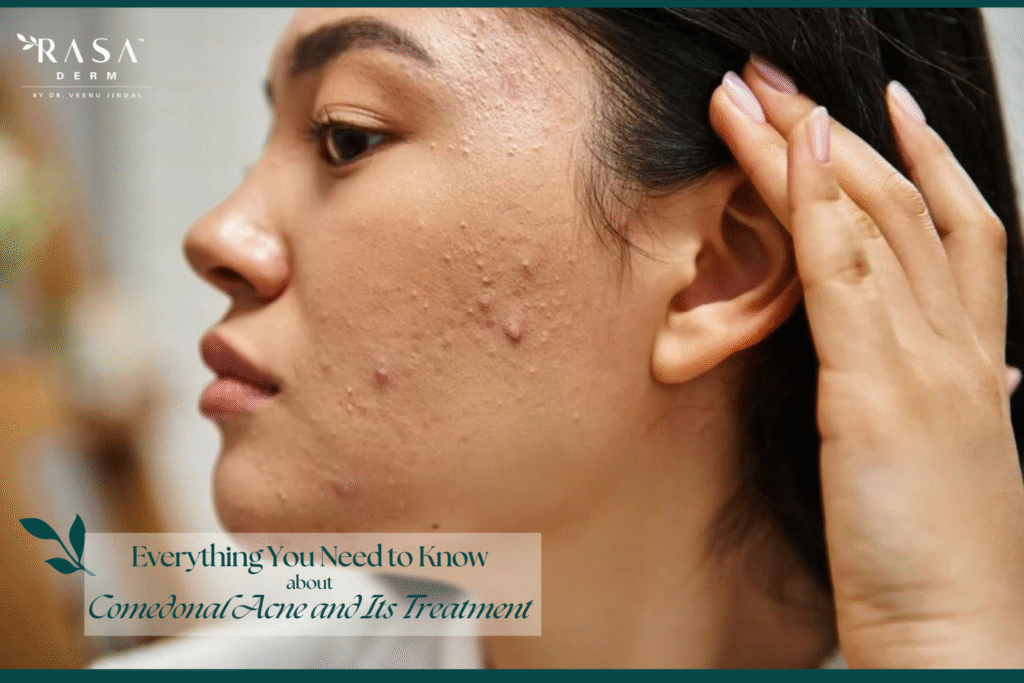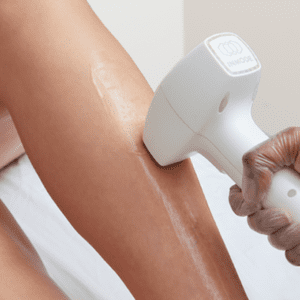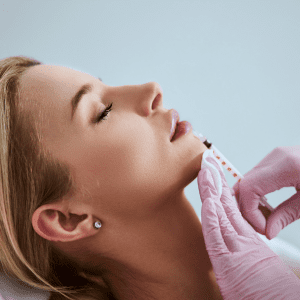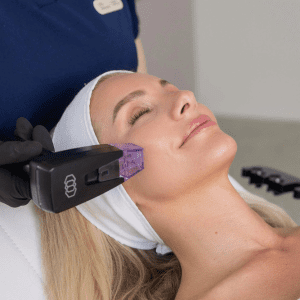Glutathione is a well-known word in the beauty and skin care industries, notably for treatments that make skin whiter and healthier. This antioxidant can be found in a wide range of products, including soaps, tablets, IV drips, and injections. A lot of individuals don’t talk about the adverse effects of glutathione, especially when it’s used incorrectly or without a doctor’s advice.
Before you join the glow-up trend, read this to find out what Dr Veenu inputs will help you think will keep your skin healthy in the long run, how to use glutathione properly, and what the hazards are.
What is Glutathione?
Glutathione is an antioxidant that is naturally found in the body and is made up of three amino acids: glutamine, cysteine, and glycine. It is very important for:
- Getting rid of free radicals
- Helping the liver get rid of toxins
- Strengthening the immune system
- Restoring other antioxidants, such as vitamins C and E
- Glutathione became popular in aesthetic medicine because it can lighten skin, and it is commonly sold as a solution to get brighter, more even-toned skin.
How Does Glutathione Make Skin Lighter?
Glutathione stops tyrosinase from making melanin, which is what makes skin darker. Regular use over time may lead to:
- Less melanin, especially eumelanin, which is darker
- Skin tone that is brighter and lighter
- Dark patches and hyperpigmentation fading
- This may sound like a miracle cure, but it’s crucial to keep your expectations in check and know the risks, especially if you take it without supervision or regulation.
Common Ways to Use Glutathione to Lighten Skin
Before we talk about the adverse effects of glutathione, let’s look at the most popular ways to get it:
- Glutathione injections are given through an IV so that they can be absorbed quickly by the body. Often mixed with vitamin C.
- Glutathione oral supplements come in capsules or tablets that dissolve under the tongue. Results take longer and may not always work as well.
- Products which have Glutathione: These are used on the skin but don’t absorb well. They are common in skin care routines.
- Glutathione IV Drips are available in therapeutic settings like Rasa Derm as part of efforts to detox and rejuvenate the skin.
Side Effects of Glutathione Injections
People often say that glutathione injections are the best way to lighten skin, but they are also the most dangerous if not done right.
1. Reactions to Allergies
Some patients may have:
- Rashes on the skin
- Itching and hives
- Puffiness around the eyes or lips
- In very bad circumstances, anaphylactic shock can happen. This is why it’s important to only obtain glutathione injections under the care of a doctor.
2. Problems with the kidneys
There have been reports that taking high doses of glutathione for a long time can put stress on the kidneys or make them toxic, especially if you don’t drink enough water or get enough assistance.
3. Problems with liver enzymes
Overusing glutathione can change liver enzymes or hide problems with the liver because it affects the processes that detoxify the liver.
4. Lightening skin in patches
Glutathione can make skin lighter in spots if it isn’t watched well, especially in persons with skin types that have a lot of melanin.
5. Not getting approval from the government
The FDA (in the U.S.) and the Philippines FDA, among others, have not approved glutathione injections for skin whitening because they are worried about safety. This makes finding a source a big problem.
Also Read: Effective Home Remedies for Glowing Skin
Side Effects of Glutathione Products
You may easily find glutathione soaps and other topical treatments in stores. People usually think they are milder, yet they can still cause problems:
1. Peeling and dryness
Glutathione soaps frequently have a high pH, which might make skin too dry, especially if it is sensitive.
2. Sensitivity to light
Using it often can make your skin more likely to get sunburned. You have to use SPF.
3. Dermatitis from contact
Fragrances, preservatives, or glutathione itself may cause irritation, redness, or dermatitis, especially if used more than once a day.
4. Little absorption
When applied to the skin, glutathione doesn’t go very deep, therefore many people don’t see the stated whitening results. This causes too much use and harm to the barrier.
Other Glutathione Side Effects (in All Forms)
Here are some other adverse effects of glutathione that you should know about, no matter how you take it:
- Bloating or cramping in the stomach (when taken by mouth)
- Headaches and tiredness, especially during detox periods
- Hormonal imbalance (rare, but possible because to the liver’s load)
- Higher chance of not getting enough zinc (glutathione may make it harder to absorb)
Who Should Not Take Glutathione?
If you belong into one of these groups, it’s very vital to stay away from glutathione for skin whitening:
- Women who are pregnant or nursing
- People who have chronic kidney illness or liver problems, people who have asthma (which might make symptoms worse), and people who use cancer, diabetes, or high blood pressure medications
- Before commencing any skin-whitening routine, always talk to a licensed dermatologist.
Are the side effects of glutathione permanent?
Most of the time, adverse effects go away when you stop using the drug, especially if you catch them early. Long-term abuse, especially by injections, might, however, damage organs or produce pigmentation problems that need medical attention.
How to Safely Use Glutathione
Here’s how to safely utilize glutathione if you’re still thinking about it for your skin:
-Always talk to a dermatologist
Dermatologists can figure out what kind of skin you have, what problems you have with it, and develop a plan just for you to lighten your skin.
-Use with antioxidants
Antioxidants like vitamin C, alpha-lipoic acid, and others can help your body absorb more glutathione and keep oxidative stress in check.
– Stay away from clinics that are unlawful or not regulated
Pick clinics like Rasa Derm that are run by doctors and where products and doses are safe, controlled, and easy to get.
– Put your skin health first
Glutathione isn’t a miracle cure. For the best effects, drink plenty of water, protect your skin from the sun, and stick to a good skincare routine.
What we recommend Instead of Using Blind Glutathione
We at Rasa Derm believe in a whole-person, moral way to lighten skin. Our treatments do more than just whiten the skin’s surface; they make it clear, bright, and healthy without putting it at danger of long-term damage.
– Glow Facials and Peels Made Just for You
Chemical peels and antioxidant facials that are safe for your skin type and sensitivity and gently remove dead skin cells and brighten dull skin.
– Glutathione IV Drips (Only Under the Care of a Doctor)
Available as part of a full detox and skin care treatment, with labs, hydration programs, and expert evaluation to back it up.
– PICO Genesis / Lumecca Laser Brightening
These products target dark spots, sun damage, and uneven skin tone without changing the color of your skin.
-Exosome Glow Therapy and Antioxidant Boosters
We don’t simply promote whitening; we also focus on cellular regeneration, barrier health, and long-term brightness.
In the end, whitening does not mean health.
Glutathione can help your skin, but it’s not a miracle that works for everyone. And if you don’t use it safely, it can cause more harm than good. We at Rasa Derm think that you should love your natural skin tone and make it clearer, more hydrated, and more radiant in a safe and ethical way.
If you’re thinking about treatments to brighten your skin or are unsure about your glutathione options, make an appointment with one of our dermatologists. Let’s make a plan that is based on science and works for you.



